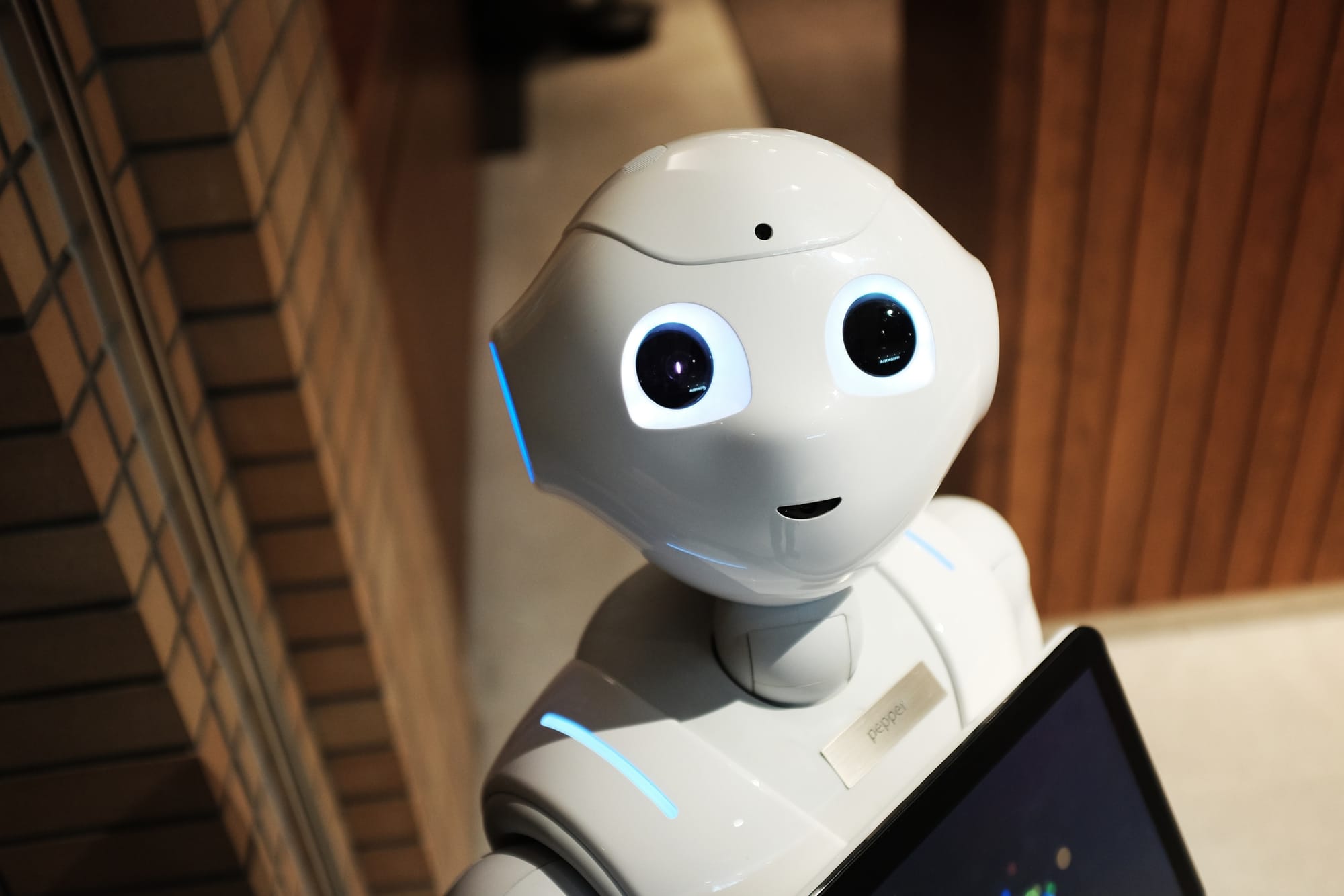Navigating the Horizon: The Future of Luxury Hospitality in the Era of Changing Tourism Trends and AI Advancements

Introduction:
The landscape of luxury hospitality is undergoing a transformative journey, driven by evolving tourism trends, shifts in customer origin, and the integration of cutting-edge artificial intelligence (AI) technologies. As we step into a new era, the convergence of these factors promises to redefine the very essence of what defines a luxurious and personalized guest experience.
Tourism Trends:
The future of luxury hospitality is intricately tied to the dynamic tapestry of tourism trends. With an increasingly globalized world, luxury hotels are witnessing a surge in demand from diverse corners of the globe. The rise of experiential travel is steering luxury guests towards unique and immersive encounters. Travelers are seeking more than just opulent accommodations; they crave authentic local experiences, cultural immersion, and sustainable practices.
Furthermore, the emergence of new tourist origins, driven by economic growth and evolving travel preferences, is reshaping the demographics of luxury hospitality. Traditional markets are being joined by an influx of guests from emerging economies, each bringing their distinct expectations and cultural nuances. This diversity challenges luxury hoteliers to craft experiences that resonate with a broader and more discerning audience.
Changing Customer Origin:
Luxury hospitality is adapting to the changing landscape of customer origin. As new regions emerge as significant contributors to the luxury travel market, the industry is witnessing a fusion of global influences. Tailoring services to cater to the preferences and expectations of a diverse clientele requires a nuanced understanding of cultural nuances, languages, and unique travel patterns.
Luxury hotels are investing in cultural intelligence to ensure a seamless and culturally enriched experience for guests. Personalized services that cater to individual preferences and embrace cultural diversity are becoming paramount. Whether it's designing bespoke culinary experiences, offering multilingual services, or incorporating culturally inspired design elements, the future of luxury hospitality is embracing a global mosaic.
AI Integration:
Artificial intelligence is poised to be a game-changer in the luxury hospitality sector. From streamlining operational processes to enhancing guest experiences, AI technologies are unlocking new possibilities. AI-powered chatbots and virtual assistants are becoming integral in providing personalized and efficient concierge services. Predictive analytics enable hotels to anticipate guest preferences, enabling a proactive approach to customization.
In-room AI devices, powered by machine learning algorithms, are elevating guest experiences by adapting environments based on individual preferences. Smart room controls, personalized recommendations, and anticipatory services create a seamless and intuitive stay. Moreover, AI-driven data analytics empower hoteliers to make informed decisions, optimize resource allocation, and enhance overall operational efficiency.
The Future Nexus:
The future of luxury hospitality lies at the intersection of evolving tourism trends and the seamless integration of AI technologies. Personalization will be the hallmark, with hotels leveraging AI to craft bespoke experiences that resonate with the cultural and individual preferences of a diverse clientele. As luxury hospitality becomes more accessible to a global audience, the challenge lies in maintaining an authentic and personalized touch that transcends cultural boundaries.
In conclusion, the future of luxury hospitality is an exciting frontier where innovation, cultural sensitivity, and technological advancements converge to redefine opulence. Hoteliers who adeptly navigate the changing currents of tourism, embrace cultural diversity, and harness the power of AI will undoubtedly set the gold standard for the luxury hospitality experience in the years to come.